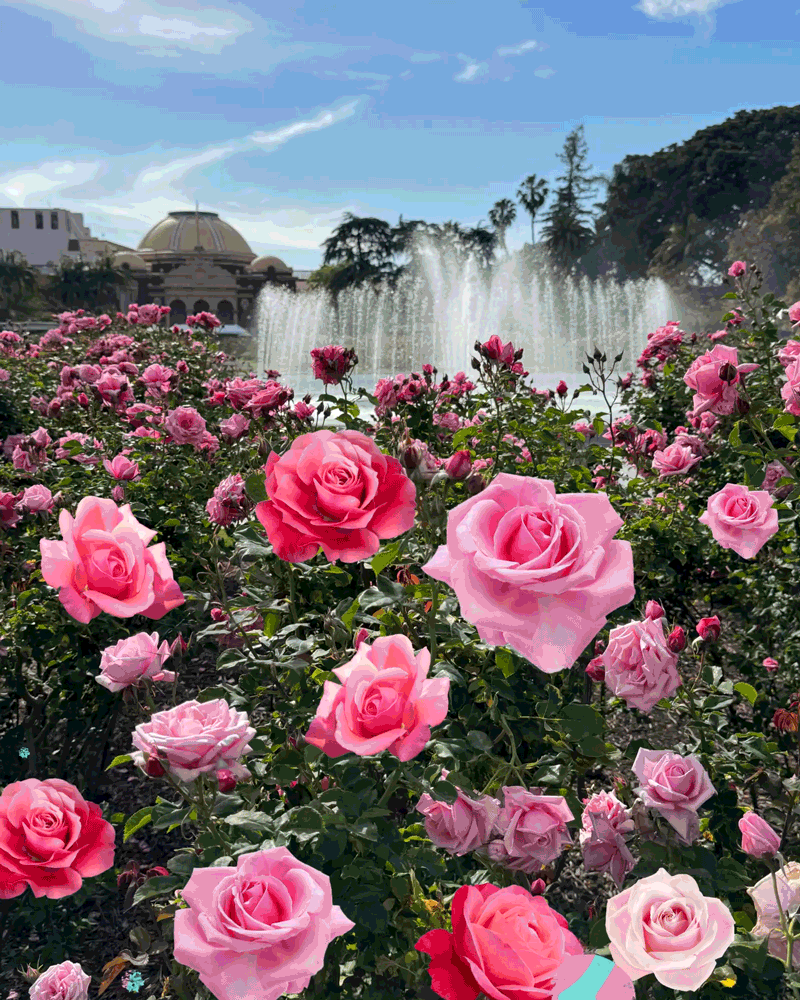Mendocino Rose by Garrett Hongo
- Share via
In California, north of the Golden Gate, the vine grows almost everywhere, erupting out of pastureland, from under the shade of eucalyptus by the side of the road, overtaking all the ghost shacks and broken fences crumbling with rot and drenched in the fresh rains. It mimes, in its steady, cloudlike replicas, the shape of whatever it smothers, a gentle greenery trellised up the side of a barn or pump station far up the bluffs above Highway 1, florets and blossoms, from the road anyway, looking like knots and red dreadlocks, ephemeral and glorious, hanging from overgrown eaves. I’d been listening to a tape on the car stereo, a song I’d play and rewind, and play again, a ballad or a love song sung by my favorite tenor, a Hawaiian man known for his poverty and richness of heart, and I felt, wheeling through the vinelike curves of that coastal road, sliding on the slick asphalt through the dips and in the S-turns, and braking just in time, that it would have served as the dirge I didn’t know to sing when I needed to, a song to cadence my heart and its tuneless stammering.
Ipo lei manu, he sang, without confusion, I send these garlands, and the roses seemed everywhere around me then, profuse and luxurious as the rain in its grey robes, undulant processionals over the land, echoes, in snarls of extravagant color, of the music and the collapsing shapes they seemed to triumph over.
From “The River of Heaven” (Alfred A. Knopf: $16.95, cloth; $8.95, paper; 70 pp.). Garrett Hongo was born in Volcano, Hawaii, and grew up on the North Shore of Oahu and, later, in Los Angeles. He is a graduate of Pomona College and of the M.F.A. program at Irvine. “River of Heaven” has just won the Lamont Poetry Prize of the Academy of American Poets for a distinguished second book of poems. 1988 Garrett Hongo, by permission.


